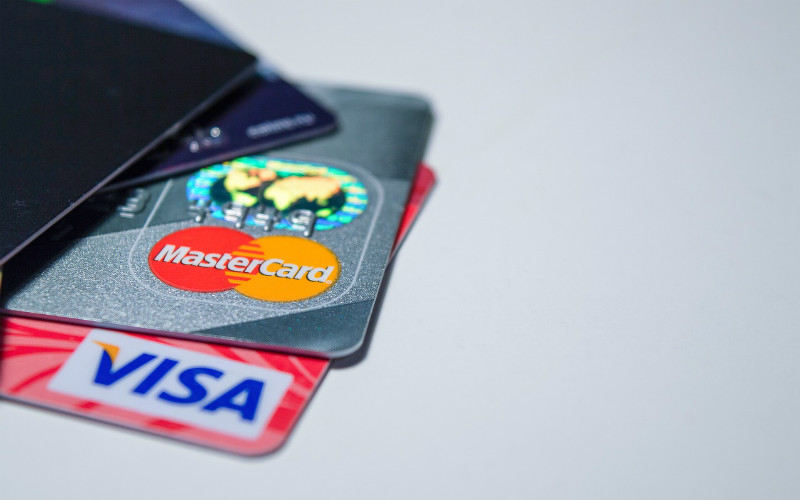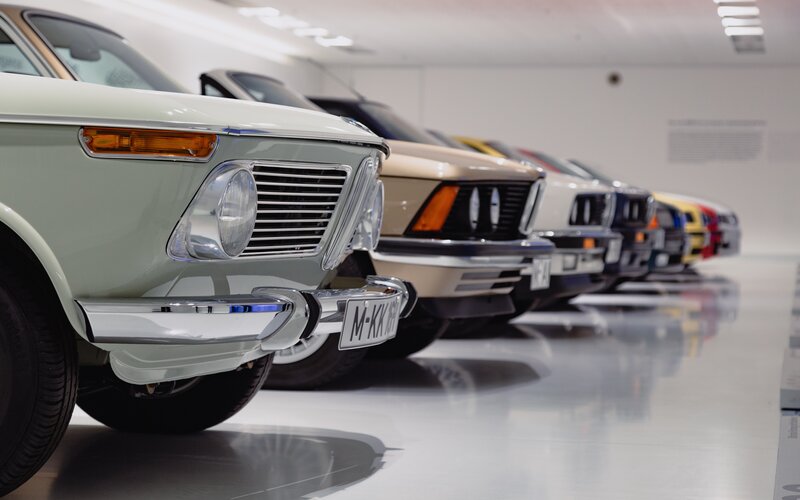Credit cards can be very handy for purchasing most things when you don't have funds immediately available.
But before you brandish your credit card to buy a car, it pays to stop and think whether it's the best financial move over the longer term.
Do car dealers take credit cards?
This will vary between dealerships, but some will accept credit card payments. However, using your credit card for a car purchase will also depend on your card issuer and your credit limit. Even though a credit card is an easy way to pay for a car, it could bite you down the track.
Before you use your credit card for a major transaction like a car purchase, it's wise to have done some homework beforehand. Make sure you have checked:
-
your credit limit and current credit card balance
-
whether your card has a daily transaction limit
-
whether you have other upcoming expenses in the billing period
-
what your current credit card interest rate is
-
the number of interest-free days you have
-
the due date of your monthly bill
-
whether the seller will levy a surcharge fee (A 3% surcharge on a $10,000 car will add another $300 to the total cost. On a $30,000 car, it will be an extra $900.)
Cash Advances
Alternatively, if the seller doesn't accept credit card payments, you may choose to transfer available funds from your credit card to your debit card in the form of a cash advance. This also attracts fees of anywhere between 2-5% (levied by the card issuer).
Beware: The ongoing interest rate you pay on a cash advance may be considerably more than the interest charged for a direct credit card transaction. It also applies immediately, unlike the usual purchase rate, which has a set number of interest-free days.
If you're planning to pay for a car with a credit card, read the fine print of your particular credit card product so you can be sure you're taking the lowest-cost option.
The table below features some of the lowest interest rate credit cards currently on the market:
When you might use a credit card to purchase a car
There are some circumstances when using a credit card to buy a car may be an option, but not all of them are necessarily good options.
When the car you are purchasing is under $5,000
The minimum amount you can typically borrow on most car loans or personal loans in Australia is $5,000. If you approach a lender wanting a loan less than that, they may even advise you to take up a low-interest rate credit card rather than a loan.
Some low-interest credit cards can come with lower rates than some car loans so it may be an option for vehicles in the lower price brackets. Even if the car you are looking at buying is a little more than $5,000, a low-interest credit card may offer you a similar rate and more flexibility than some loans.
When you repay the full amount within the interest-free period
If you have the cash available in a savings account or a term deposit due to mature within your credit card's interest-free period and you plan to repay the amount in full before you get hit with interest charges, using your credit card can be a convenient option.
When you want to earn reward points
You may be looking to earn considerable rewards points with a major purchase such as a car, but if you're not planning to clear your debt quickly, this can prove to be false economy. A hefty card surcharge from the seller could also see you pay a high price to obtain the points.
When you are after a quick purchase
Credit cards are highly convenient at point-of-sale and can help you make an easy transaction and drive away in your new vehicle sooner than you could with other forms of finance. But make sure you are not prioritising a quick sale over financial prudence.
When you split the cost of the car between multiple payment methods
Perhaps you have funded some of the purchase via a car loan or personal loan, or through your savings, but need to make up the shortfall using your credit card. If this is your strategy, it's wise to ensure the repayments that attract the highest interest are for the smallest slice of the purchase amount. Also, make sure you have a plan to pay off the highest interest rate component first.
If you were rejected for a car loan
This is where we get into dangerous territory. If you weren't approved for a car loan, it's unlikely that paying for a car using a credit card is a good option, particularly if you were turned down because of a poor credit score.
If a lender has assessed you as being unable to service a car loan, it's not a good move to take on the debt via credit card, particularly if it's going to attract a higher interest rate than the car loan you applied for.
Ask yourself whether the loan amount you applied for was too high and whether a less expensive vehicle could meet your needs. It can also pay to shop around with other lenders who may be able to offer you a loan with a lower interest rate than your credit card.
See also: How to get a personal loan with bad credit
Remember though, each time you apply for a loan, it will be noted on your credit history. Make sure you do your research and apply to a lender where you meet the criteria and have the best chance of being approved.
Comparison of average interest rates
The interest rate you will be offered for a car loan or personal loan will vary greatly depending on a number of factors, including your credit score, existing debts, income level, the make and type of vehicle you are purchasing, and whether the loan is secured.
Here's a rough guide on rates as at April 2025:
|
Product |
Interest rate range |
Average advertised interest rates |
|---|---|---|
|
Car Loan |
5% - 12% p.a. |
New car loan 7.56% p.a. Used car loan 8.08% p.a. |
|
Personal loans for cars |
5% - 25% p.a. |
Secured personal loan 9.10% p.a. Unsecured personal loan 10.91% p.a. |
|
Low-interest credit cards |
8% - 15% p.a. |
14.61% p.a. (non-rewards credit cards) |
|
All Credit cards |
8% - 25% p.a. |
19.94% p.a. |
Cost of buying a car with a credit card compared to a car loan
Let's run some figures for a $10,000 car paid off over a three-year term (although bear in mind, a credit card has no end date requirement for repayments). We'll use the average interest rates for a secured personal loan and a standard credit card, according to the table above.
|
Product |
Interest rate |
Term |
Monthly repayments |
Fees/surcharge |
Total cost |
|---|---|---|---|---|---|
|
Secured personal loan |
9.10% p.a. |
3 years |
$318.46 |
$300 |
$11,764.56 |
|
Credit card |
19.94% p.a. |
Planned repayment over 3 years |
$371.33 |
$200 (at 2% surcharge) |
$13,567.99 |
Source: Savings.com.au Car Loan Calculator. (Calculations assume credit card is not used for any other payments over the three-year period.)
If you're considering a car loan, the table below displays some of the lowest-rate car loan products on the market.
Pros and cons of buying a car with a credit card
Positives
-
Convenience: Credit card transactions are simple and much faster than waiting for a loan to be approved.
-
Points: A major purchase such as a car can earn substantial reward points on credit cards that have such features.
-
Interest-free period: Unlike a loan, credit cards come with interest-free periods, typically around 55 days, which can allow you the opportunity to pay for your car in full interest-free.
-
Lower fees/lower interest rates: Some credit card products may come with lower fees and/or lower interest rates than you might pay on a car or personal loan - but not always. Doing your homework for your particular circumstances is key.
-
Part payment: A credit card can take up the slack if you're a bit short on savings or weren't able to take out a loan for the full amount of the vehicle you wished to purchase.
Negatives
-
Not always accepted: Some car dealerships won't accept credit card payments, and not all credit card issuers will allow a car purchase.
-
Credit limit: Purchasing a car on a credit card could account for a sizeable chunk, if not all, of the card's credit limit meaning you won't be able to use it for other payments for some time in the future. There are fees for going over your limit.
-
Losing interest-free period: If your car purchase becomes your outstanding balance, you will not be able to take advantage of an interest-free period for additional purchases.
-
Fees: Using a credit card for a large purchase may see you hit with a hefty card surcharge fee.
-
Credit score impact: Having a maxed-out credit card or one with a substantial debt will lower your credit score, making it harder for you to access other credit products.
-
Higher interest rate: Many credit cards come with high interest rates - often double or even triple the rate on car loans - if you don't pay off your debt in the interest-free period. This could see you paying thousands extra for your car in the time it takes you to repay the debt.
-
Debt spiral: While a car loan sets a term for repayment of the loan, you can carry a credit card debt for many years as long as you're paying the minimum amount due. Unless you are highly disciplined, the debt could feasibly be a drag on your financial health for many years, even decades.
Alternatives to using your credit card
-
Novated lease through employer
-
Redrawing extra payments on an existing loan
-
Business loan if the car will be used for business purposes
-
Green car loan for qualifying vehicle (typically comes with lower interest rates than standard car loans)
Savings.com.au's two cents
Using a credit card to pay for a car may be a viable option in some specific circumstances, including if you intend to pay the car off within an interest-free period or during a low-interest promotional period on a new credit card product.
But it should be carefully considered. Credit card debts can last forever (as long as you're making minimum repayments) whereas car or personal loans will have a fixed end date. In many cases, the interest rates charged on loans can be considerably lower than average, and even low-interest, credit card rates.
Before you make any major purchase, it pays to do your research. Consider all your options to see what will best suit your needs, not just in the short term but also over the longer term. You could be paying a hefty price for convenience and immediacy. Cars, particularly new cars, can be notoriously bad investments so it's worth taking the time to investigate how to minimise your losses.
Image by Energepic.com via Pexels
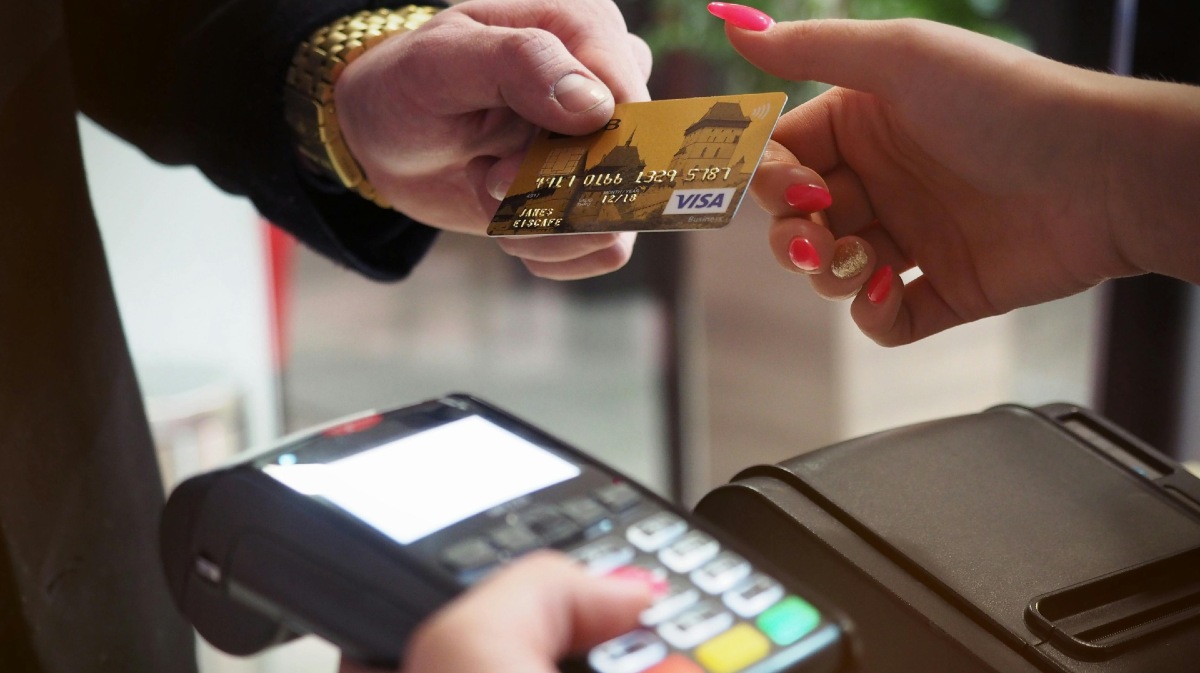
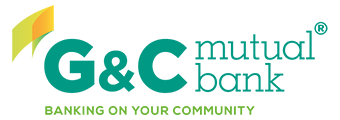




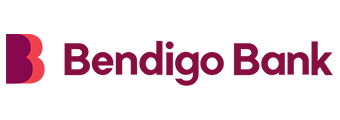





 Denise Raward
Denise Raward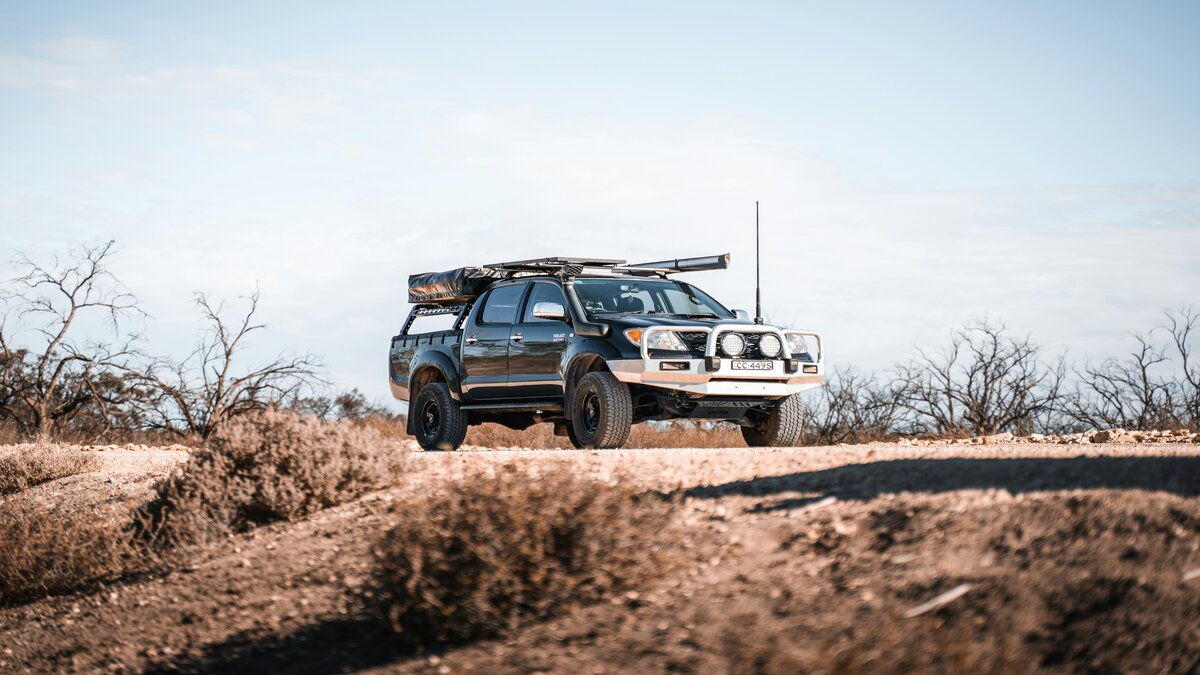
 Harry O'Sullivan
Harry O'Sullivan


 Harrison Astbury
Harrison Astbury
